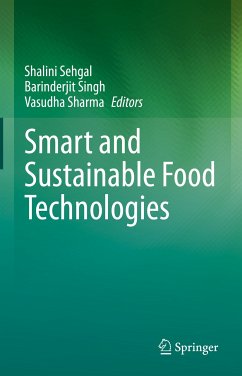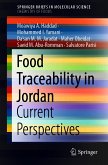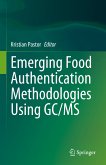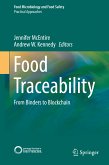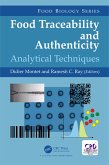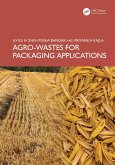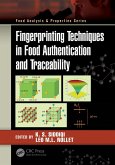This book presents a comprehensive view of emerging smart technologies in various food processing sectors. Specifically, it covers smart technologies applied in food production, food manufacturing, food packaging, storage, distribution, and food supply chain. Contributing authors are the key scientists with diverse backgrounds in either industry or academia.
The book contains four parts with four chapters each, presenting recent smart technologies developed in their respective areas. Part I primarily focuses on the recent smart food production innovations such as precision agriculture, vertical farming, automation, robotics , livestock technology, modern greenhouse practices, artificial intelligence, and block chain that dramatically increase the quality of raw materials for the food industry. Part II provides the current knowledge and developments related to the recent smart technologies in manufacturing pertaining to various food sectors, non-thermal food preservation technologies, and 3D printing, developed for the food manufacturing industries that improve the organoleptic and nutritional quality, enhance chemical and microbial safety, as well as cost-effectiveness and convenience of processed foods. Part III covers smart technologies to ensure food safety in the supply chain, with monitoring and surveillance of food contamination, use of IoT and blockchain for food traceability and neural network approach for risk assessment. Part IV provides expert opinions on using smart technologies for minimizing waste and maximizing co-product recovery in food processing; upcycling technologies in food and sustainable value stream mapping in the food industry.
This book will be a useful resource to graduate/undergraduate students and researchers in advanced food technology, practicing technologists/engineers in the food and related industries, food packaging industry, entrepreneurs and other scientists and technologists in smart and sustainable processes who seek information on design and development of these processes.
Dieser Download kann aus rechtlichen Gründen nur mit Rechnungsadresse in A, B, BG, CY, CZ, D, DK, EW, E, FIN, F, GR, HR, H, IRL, I, LT, L, LR, M, NL, PL, P, R, S, SLO, SK ausgeliefert werden.
Es gelten unsere Allgemeinen Geschäftsbedingungen: www.buecher.de/agb
Impressum
www.buecher.de ist ein Internetauftritt der buecher.de internetstores GmbH
Geschäftsführung: Monica Sawhney | Roland Kölbl | Günter Hilger
Sitz der Gesellschaft: Batheyer Straße 115 - 117, 58099 Hagen
Postanschrift: Bürgermeister-Wegele-Str. 12, 86167 Augsburg
Amtsgericht Hagen HRB 13257
Steuernummer: 321/5800/1497
USt-IdNr: DE450055826

